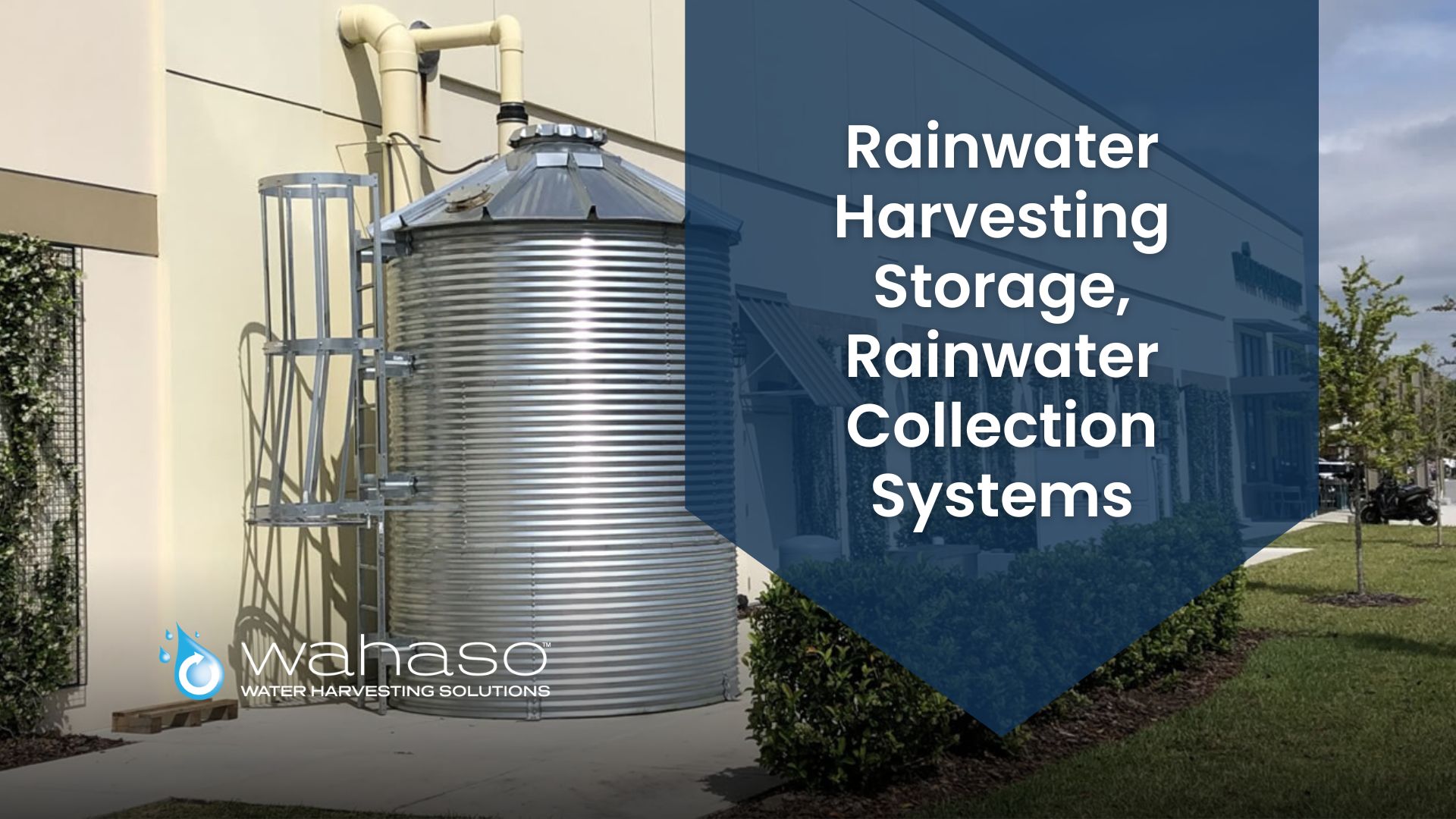Rainwater Harvesting Storage, Rainwater Collection Systems

Published: Mar. 12, 2023 | by Wahaso Water Harvesting Solutions
Rainwater Harvesting Storage, Rainwater Collection Systems
Some so many people are not connected to the town water, or cannot keep up with the high water bills of such systems. Some people have all their needs met but worry about how they would cope with bush fires and other emergencies around the home. People who live in suburban states still need water and are fast to explore their storage options hoping that they can find safe and legal ways of accumulating enough water for emergencies.Identifying The Right Rainwater Harvesting Storage System
Our firm has established a method of analyzing all your settings and choosing features that will complement all your water needs. The digital system automatically decides what size of the tank will serve you well depending on several factors, so do not worry because the chosen proportion will be a perfect choice. Some commercial rainwater collection systems installations could use more giant tanks if there will be constant water use within the home, or the area is expected to have reduced rainfall.The Harvesting Material For Rainwater Harvesting Solutions
The most common materials for water catchment systems are plastic, steel fiberglass, and polyethylene. All of these have their pros and cons, which means each project will need specialized analysis so we can choose the right one. Some tanks are better than others because they do not release toxins from the material’s lining and discourage the growth of life, such as algae. Options like fiberglass will need extra coating from other elements to prevent rust and keep the tank safe for stored water.Location Of The Storage Unit
The critical determinants for the location of the storage tank are:
- Aesthetics they will add to the home
- Cost of installation
- Availability of the allocated space
- Grade
- Geology of the underground storage space
Above-ground tanks are not favorable because they more often than not spoil the aesthetic in the home. However, these tanks can come in many different materials, which means the cost of purchase and installation can be dramatically lower with a few adjustments of the components of a rainwater harvesting system.
In-ground tanks occupy a massive footprint, and you will incur extra fees to excavate and choose the suitable materials. The in-ground system is attractive when you want to keep a neat landscape and use as much space for other activities as possible. All in-ground tanks can carry massive amounts of water because they have unlimited options for shapes and depth. We can interconnect more than one, so your commercial building or processing has more water supply.
Volume Of The Water Tank Storage
As stated earlier, storage tanks are available in various materials for different storage locations and intentions.
- Materials like polyethylene can contain up to 7500 gallons of water, while fiberglass will have anything between 1000 to 50,000 gallons of water.
- Steel is one of the most robust materials and can carry the most significant amount of water as in-ground or above-ground tanks.
- Wood tanks are an aesthetic addition to most homes and do better than above-ground tanks.
Rainwater harvesting storage has so many different options, so it is possible to customize a solution that will work best for your operations. Check out more information online and contact us to book a personalized consultation or a free estimate.
Since 2004
Wahaso Mission
Our mission at Wahaso is to help municipalities and commercial property owners reduce the impact of their buildings on the environment through innovative and sustainable water practices.


